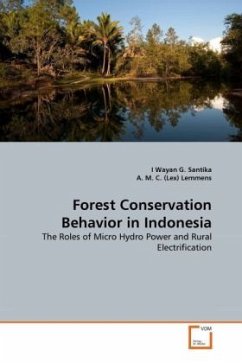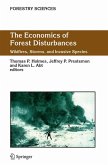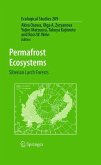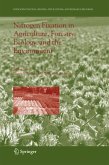Some studies have reported that villagers shaped their behavior more favorably toward forest conservation after their villages were electrified by micro hydro power (MHP). As a result, they reduced deforestation, reduced their intention toward forest cutting, and participated in reforestation programs. This study was to prove the findings and to answer the questions on how MHP may shape forest conservation behavior and what variables determine intention toward forest conservation behavior. The study uses the theory of planned behavior (TPB) as the model. Two studies were conducted: Study 1 compared the villagers living at the villages with MHP and those living at the villages with no MHP and Study 2 confirmed results in study 1 by contrasting participants at three villages: a village with no electricity, a village electrified by MHP for two years, and a village electrified by the grid for nine years. The results of the study are particularly important for professionals, NGOs, government agencies, and anybody who concern about forest conservation and the massive deforestation of the world forests.
Bitte wählen Sie Ihr Anliegen aus.
Rechnungen
Retourenschein anfordern
Bestellstatus
Storno








